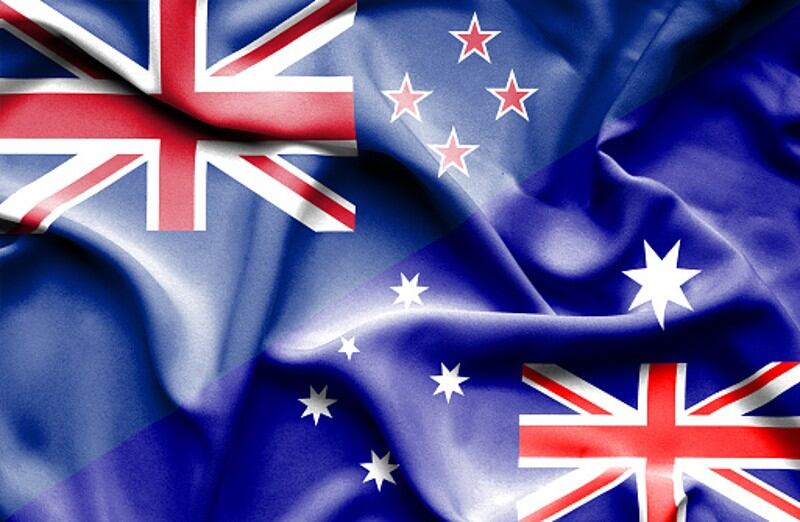Offering options: NZ’s Opo Bio looks to help cultivated meat firms outsource cell line stresses
New Zealand’s Opo Bio is seeking to help cultivated meat firms cut out a large portion of the initial legwork needed to procure and develop suitable cell lines, believing that this will take help encourage commercialisation and target the mainstream market.
Opo Bio lays claim to the title of being New Zealand’s first cultivated meat firm, and its first major area of focus is in bovine muscle cells that can be developed into cultivated beef products.
“There are quite a few cultivated meat companies in the market today and the general practice is for everyone to develop their own cell lines in house because they have to as there are no commercial options available to them,” Opo Bio CEO Dr Olivia Ogilvie told FoodNavigator-Asia.
Guilt-free gummies: Funday highlights gut-friendly formulation and single-serve packaging as major success factors
Australian guilt-free confectionary firm Funday has highlighted its unique gut-friendly ingredient formulation as well as its one-bag-one-serve packaging as major success factors after entering 3,000 retail outlets in the region.
When we last spoke to Funday early last year, the firm had just hit the 1,000 retail outlets mark and told us of plans to make it to 3,000 outlets by the end of 2022 – a target which it has now achieved.
“Funday natural sweets are now in Chemist Warehouse and Woolworths outlets worldwide, as well as some 450 Ampol gas stations, WH Smith stores as of last December, and more retailers to come as of this month (January 2023),” Funday Founder Daniel Kitay told FoodNavigator-Asia.
Retort regulations: Australia tightens rules for imports containing meat, dairy and eggs
Australia has implemented more stringent regulations to govern imported retorted foods and beverages that contain meat, dairy or egg content, requiring an additional manufacturer’s declaration to be displayed prior to entry.
The country has a strong reputation for strict rules in the biosecurity department, recently making global headlines when Australian customs fined a passenger inbound from Singapore US$1,820 for an undeclared unfinished Subway sandwich in her purse.
‘Significant policy gap’: NZ online retailers should be forced to display alcohol warnings on page – academics
Alcohol health information and warnings should be mandatory on online retail pages in New Zealand, researchers claim, arguing that simply containing them on product pictures is insufficient.
It comes after a University of Auckland team found that less than one third of alcoholic beverages sold online in New Zealand display mandatory health information and warnings.
New Zealand law requires that manufacturers display specific health information on their products as part of meeting the relevant food standards code, but there is currently no obligation for online retailers to make this information visible to customers on the page.
Paper power: Nestle moves plastic reduction ambitions one step closer to APAC region with Australia pilot
Nestle has moved one step closer towards its ambitions to reduce plastic packaging in the APAC region with its latest announcement of a paper packaging trial for chocolate in Australia, though its suitability for Asia’s hot and humid climate still remains to be seen.
Food and beverage giant Nestle has long been vocal of its ambitions to tackle plastic packaging usage and reduce the use of this in the name of sustainability. But the majority of such innovations, including those coming out of its international packaging science institute, have been targeted mainly at markets with colder climates e.g. Europe and the United States.
A major limiting factor for the firm to bring similar new innovations into the Asia Pacific region is the tropical hot and humid climate here.





